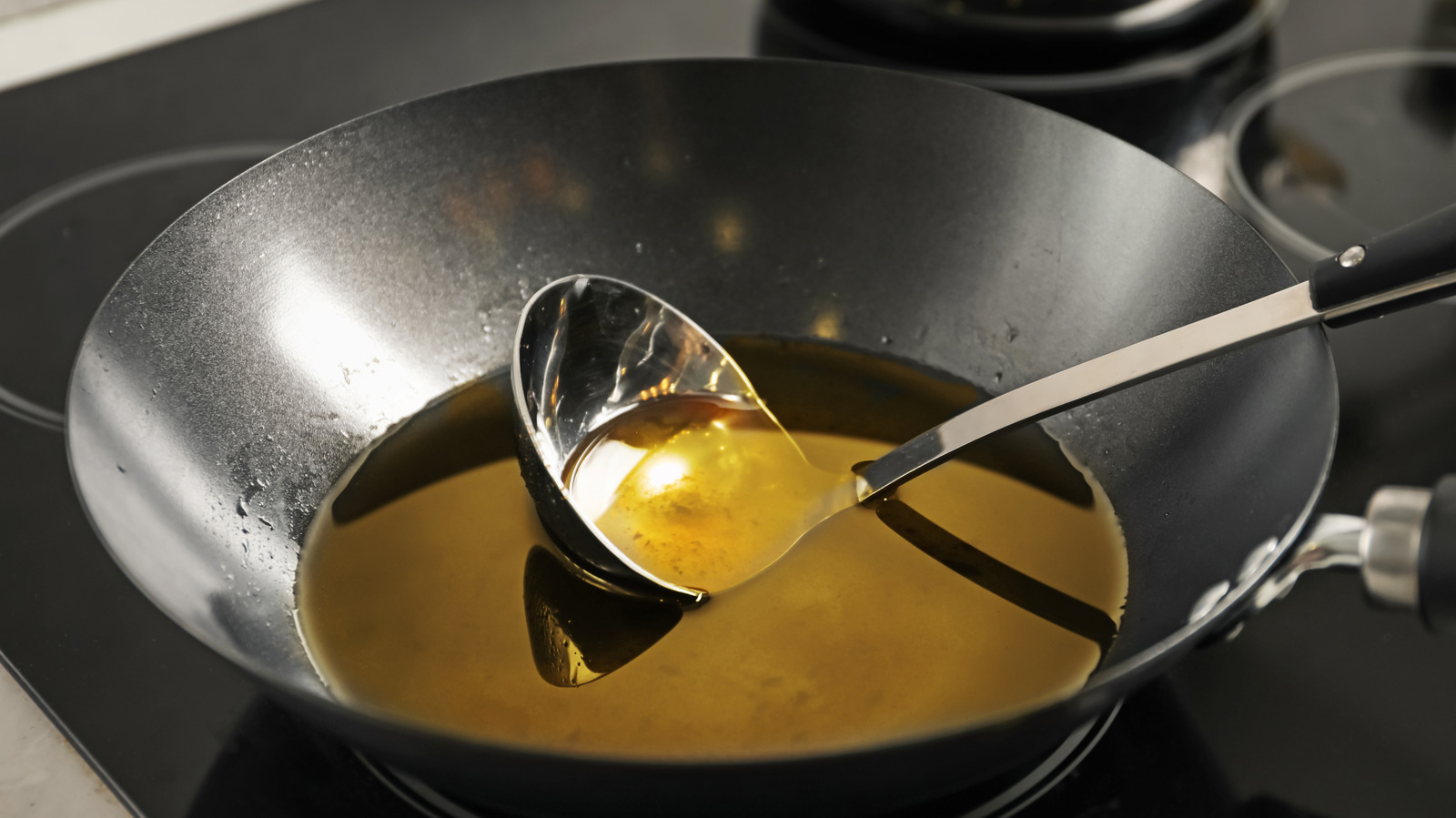
"This will not only keep food from sticking, but will also keep it looking tip-top. Clean the grill well, and then wipe a thin layer of that fry oil onto the grate with a paper towel. Next, bring the grill to high heat for half an hour, and allow it to cool. The grill grate will darken and take on a light sheen, just like a seasoned cast iron pan."
"For any grilling using either charcoal or wood, used cooking oil can also allow you to skip the lighter fluid when firing up the grill. Instead of dousing the charcoal or wood with that expensive flammable liquid to get it going, simply soak a wadded-up paper towel in the used oil and use it as a fire-starter. The mechanism works just like an oil lamp or a candle, with the paper towel serving as the wick."
"The beauty of using cooking oil as a firestarter is that it is relatively safe. While lighter fluid is highly flammable, cooking oil, generally, is not - unless it is very hot. You can put a lighter right up to a pot of room-temperature oil, and it won't take a flame."
Leftover frying oil can be repurposed for grill maintenance and ignition instead of being discarded. Excess fry oil can be cleaned with cornstarch, but once unsuitable for cooking it can season cast-iron grates by wiping a thin layer on, heating the grill on high for thirty minutes, and allowing it to cool; the grate will darken and develop a light sheen that reduces sticking. For charcoal or wood fires, a paper towel soaked in used oil acts as a wick, burning steadily to light fuel and reducing reliance on lighter fluid. Cooking oil is not highly flammable at room temperature, making this method relatively safe.
Read at Tasting Table
Unable to calculate read time
Collection
[
|
...
]